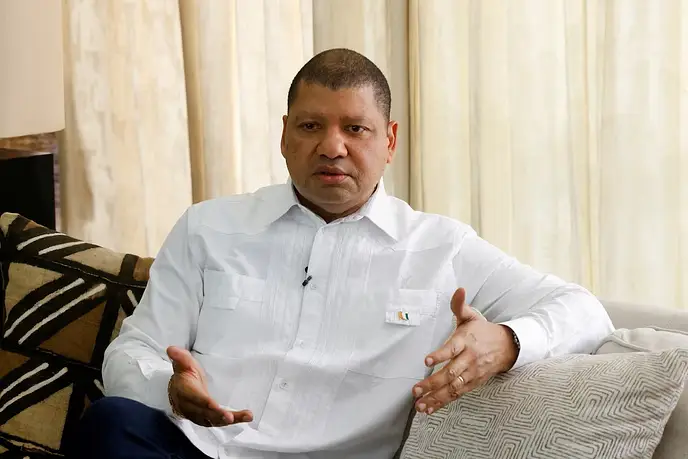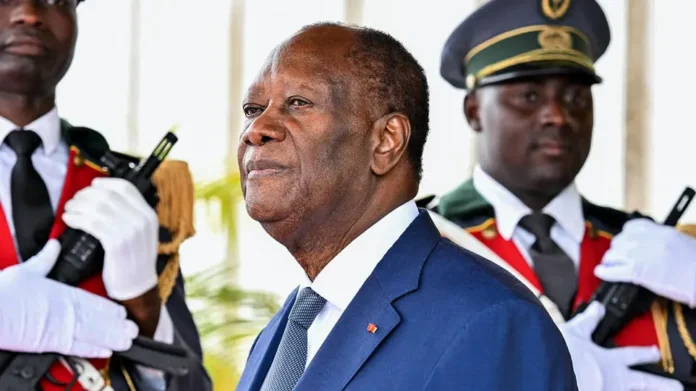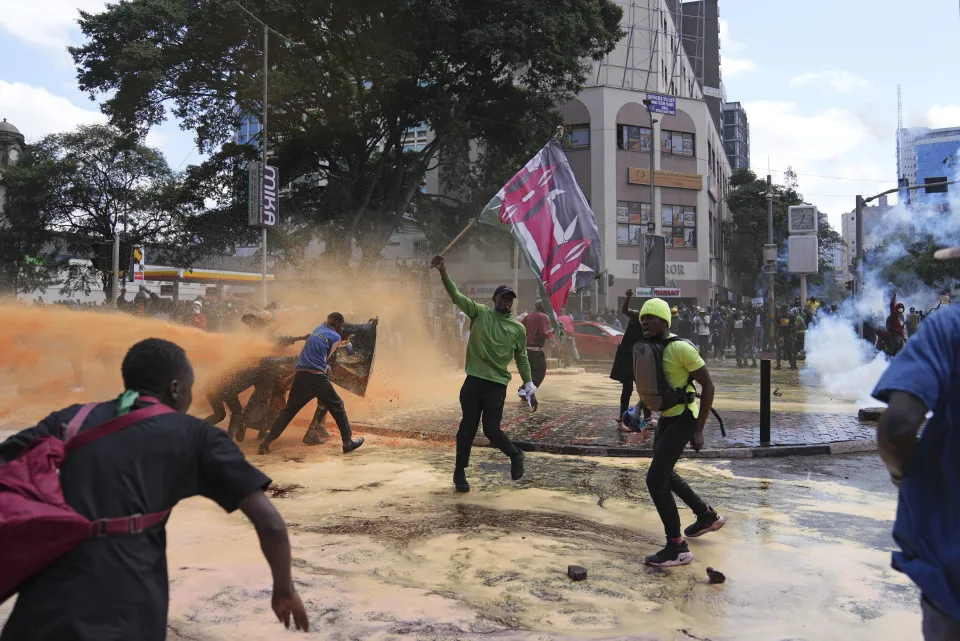Ivory Coast’s President, Alassane Ouattara, appears set for a fourth consecutive term after early tallies from Saturday’s presidential election placed him far ahead of his rivals.
The 83-year-old leader, who has governed the world’s top cocoa producer since 2011, now looks certain to extend his rule amid muted opposition and concerns about democratic space.
Former commerce minister Jean-Louis Billon, one of four opposition contenders, formally conceded defeat on Sunday, acknowledging Ouattara’s lead across the country.
“The initial results place the incumbent President, Mr Alassane Ouattara, in the lead, designating him the winner of this presidential election,” Billon said in a statement, congratulating the long-time leader.
Billon’s concession came as the Independent Electoral Commission continued releasing provisional results live on state television. According to Al Jazeera’s Ahmed Idris, the commission had announced outcomes from 20 of the country’s administrative divisions, with about 10 remaining.
The early figures showed Ouattara securing commanding leads, including in opposition-leaning regions and among Ivorians abroad.
Low Turnout and Limited Opposition
About nine million Ivorians were eligible to vote, but turnout appeared uneven. The electoral commission’s president, Ibrahime Coulibaly-Kuibiert, estimated participation at roughly 50%.
AFP reported sparse attendance at polling stations in Abidjan and southern opposition strongholds, in contrast to the strong turnout in northern regions loyal to Ouattara.
The election mirrored the 2020 vote, when Ouattara claimed 94% of the ballots after a widespread opposition boycott.

This year’s contest was similarly shaped by the absence of two of his most powerful challengers—former President Laurent Gbagbo and former Credit Suisse CEO Tidjane Thiam—both disqualified over legal and nationality issues.
Thiam’s party, the Democratic Party of Côte d’Ivoire (PDCI), withheld support from Billon’s campaign, further fragmenting the opposition and leaving Ouattara as the dominant figure in the race.
Peaceful but Tense Atmosphere
Despite fears of unrest, calm largely prevailed in Abidjan, with only scattered reports of violence elsewhere.
Local media confirmed two fatalities during minor clashes in the country’s south and west. The government had earlier deployed 44,000 security personnel nationwide to forestall post-election violence.
The president’s latest victory consolidates his control but risks deepening political fatigue among Ivorians who had hoped for a generational shift in leadership.
Ouattara’s supporters, however, argue that his re-election provides continuity for economic growth and stability in West Africa’s fastest-growing economy.
But do you believe another Ouattara term can restore faith in the ballot—or will it reinforce fears of democratic stagnation in a nation still trying to rebuild its very recent political instability?
Rate, Like 👍, Comment 💬, Share this article, Follow us on our social media handles, and Submit your own story to get featured and earn rewards!






